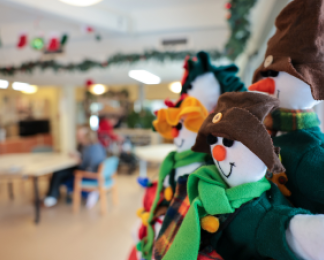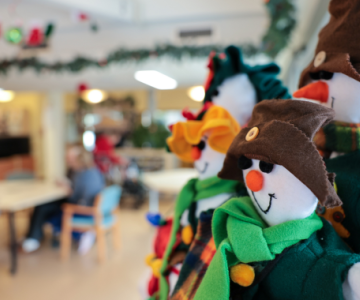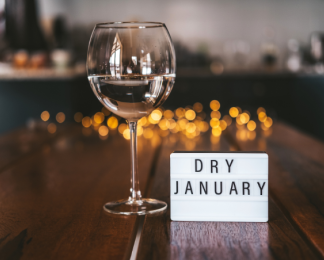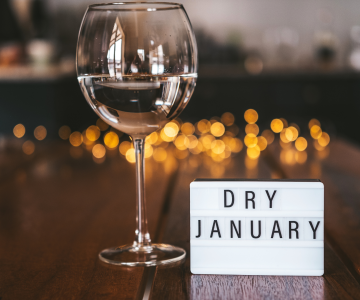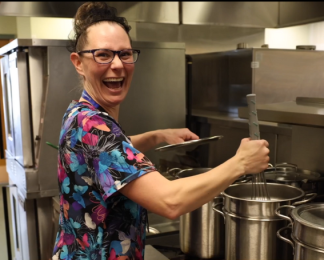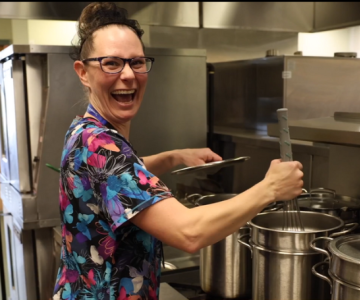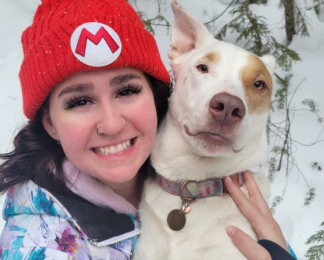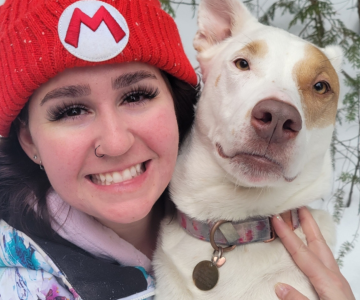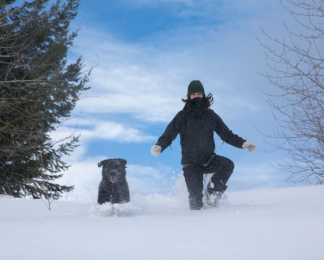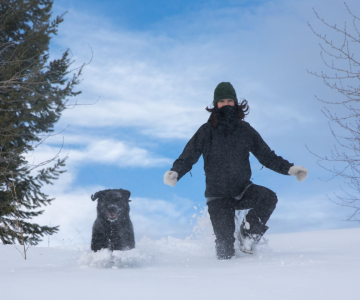Territory Acknowledgement
At Interior Health (IH), we recognize and acknowledge that we are collectively gathered on the traditional, ancestral, and unceded territories of the seven Interior Region First Nations. This region is also home to 15 Chartered Métis Communities; we recognize the contributions of the Métis to these lands. It is with humility that we continue to strengthen our relationships with First Nation, Métis, and Inuit peoples across the Interior.
Acknowledging Traditional Territory recognizes and respects Indigenous peoples and the relationship First Nations have with the land on which we gather. Acknowledgement is an essential component of reconciliation.
Please refer to the AD0100 policy for IH protocols on Welcoming and Acknowledging First Nation Traditional Territory.
Learn the pronunciations of the seven Interior First Nation territories (recorded by Rose Melnyk)

